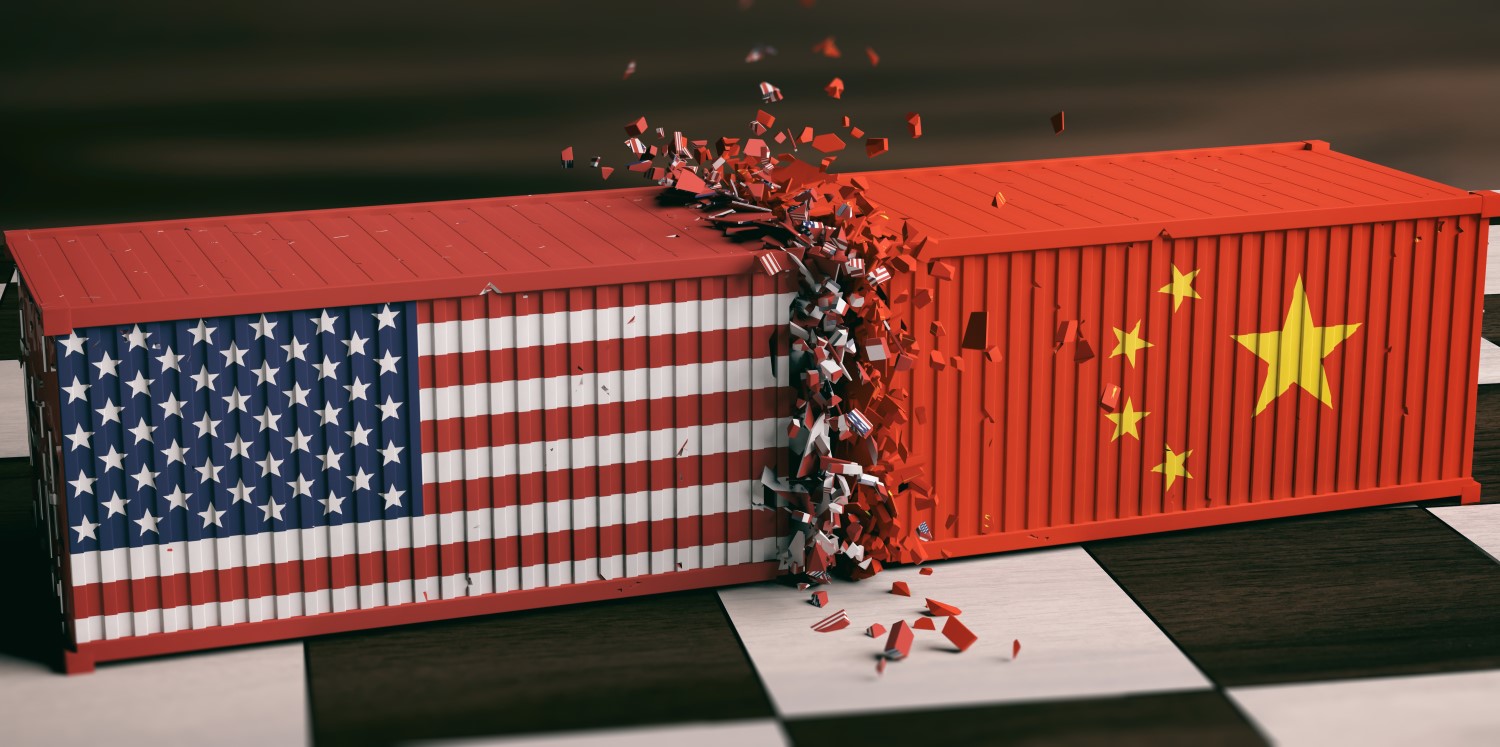Earlier this month, Bloomberg reported that Fitbit and Tile were both looking for alternatives to China for manufacturing as a result of the existing trade wars. And while, in a Bloomberg video, Tile CEO, CJ Prober, identified these circumstances as an opportunity to re-design the supply chain, National Review reported that “tariffs have cost the electronics industry over $10 billion since July of last year.”
Most manufacturers are in this together, though.
A recent IPC survey revealed that almost 90% of U.S. electronics manufacturers are troubled by the higher tariffs imposed by the United States and China on each other’s imports, and some are investing less in the United States and hiring fewer workers as a result.
Among the survey results:
- On average, companies report they have seen tariff increases on 31% of the total dollar value of the products they import. Twenty-five percent of companies report over half of the dollar value of the products they import are facing higher tariffs.
- Some 69% of companies report lower profit margins as a result of increased tariffs, with a ripple effect of negative consequences: 21% report they are reducing investment in the United States, and 13% say they are cutting back on hiring and/or reducing headcount.
- More than a third of companies report they cannot increase their prices to cover the cost of higher import tariffs, due to various factors.
- 51% percent of responding companies report they are now sourcing from countries other than China as a result of increased tariffs on Chinese imports.
“As the IPC research documents, rising tariffs are putting a painful squeeze on many U.S. electronics manufacturers,” said IPC Chief Economist Shawn DuBravac. “Many are facing supply-chain disruptions and steeper costs from the tariffs that have been imposed to date, and the impacts will grow as the trade war drags on.”
How are manufacturers dealing with this very real issue?
According to the report, manufacturers are responding in a few different ways. For example, about 58% of companies are raising prices due to tariff increases or passing tariffs to customers as separate line items. But, on the other hand, it was revealed that about 35% of companies could not raise their prices or would have to wait about six months to do so. The reason being that there can be long-term contracts in place that make it impossible to do so. Other companies even reported a fear of raising prices in order to remain competitive with companies that are not impacted by these tariffs.
In a release, IPC called on the governments to “de-escalate the tariffs, focus on results at the negotiating table, and conclude agreements that address long-standing issues of concern to both sides.”
IPC surveyed U.S. members between September 25 and October 2, 2019.

